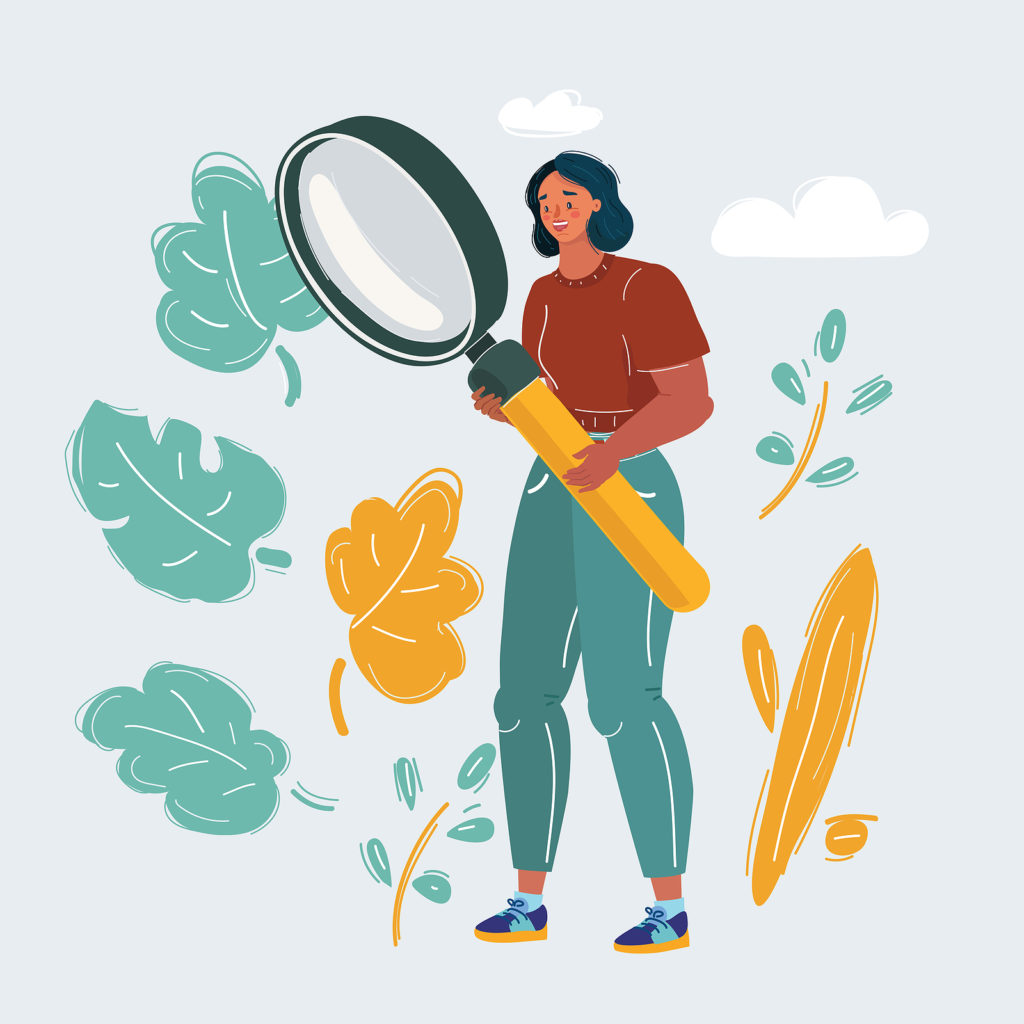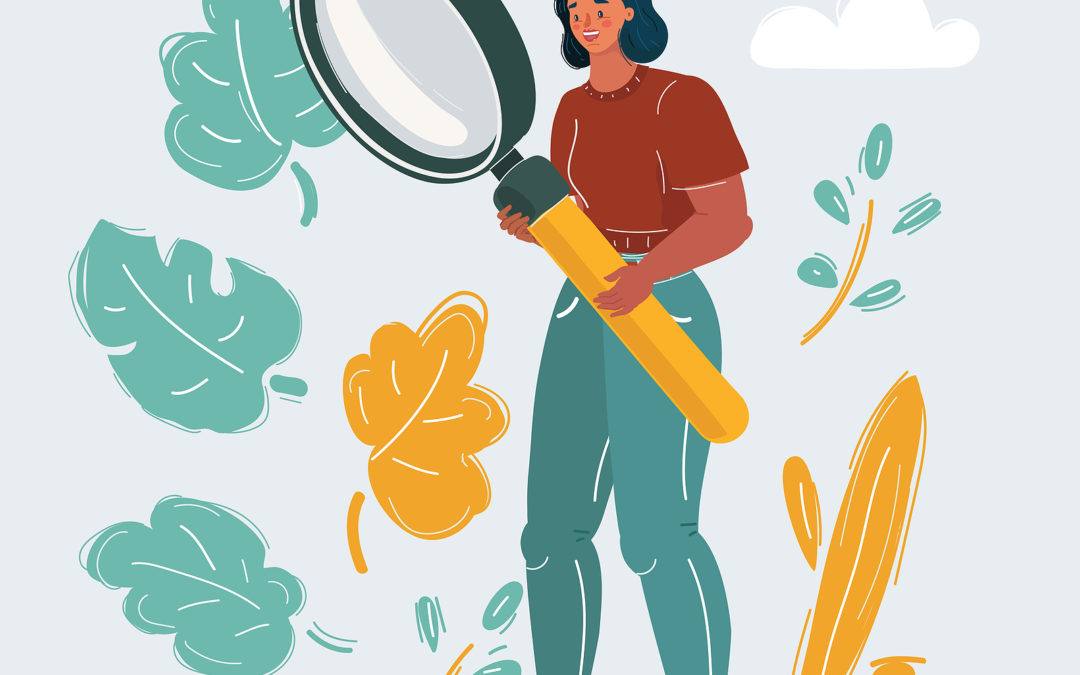
It was nice to see a playful kitten with the spirit of Curious George on the cover of The Harvard Business Review about a year ago. My colleagues and I have long touted “curiosity.” From my perspective, curiosity is critical. It’s not just the backbone of learning as an adult, it’s the backbone of being an interesting adult. Evidence based research is showing the importance of curiosity as a trait in those entering the workforce. It fosters agility and the ability to adapt in our constantly changing, increasingly complex world.
Leaning into our curiosity opens us up to nuance and unexpected variables that may be hidden if we don’t root around for them. It can also help make us a better boss, parent, friend, citizen. Most of us make assumptions about other people’s motivations, experiences, feelings, and resourcefulness. Being a coach has taught me that everyone has undetected wisdom. Being with kids has taught me that they crave being recognized for their uniqueness. They are hungry not for our sage advice but for our curiosity. Your kids, your employees, your clients, your friends….they will all surprise and enlighten you if you get curious and ask them some new questions.
We like curious people because their curiosity ignites their interest in things which fuels an energy we can share. We also like curious people because one of those things they are curious about is us. People with curiosity want to understand the people they interact with. They ask questions, get us talking, and generate more connection.
Curiosity keeps us from thinking we know and understand everything. More importantly it keeps us from feeling that we need to know and understand everything. This is hard because for much of our lives we get rewarded for knowing things. We grow up getting academically and socially rewarded for being “right.” This makes us want to keep being right about things so we look for opportunities in which we can feel good about what we know.
Clearly, there is a time for us to demonstrate our expertise and knowledge. Of course I want my electrician to demonstrate his expertise in wiring and I want my doctor to impress me with her deep knowledge about my medical condition. I also want her to be curious about me and my particular symptoms and history. I don’t want her past experience to make her jump to conclusions. I understand that her expertise can make having fresh curiosity about me challenging. She will likely hear me rattle off a few symptoms and think, “oh, yes it’s this.” The difference between a good doctor and great doctor is the ability to stay curious about the uniqueness of me, their 753rd case. Likewise the exceptional teacher stays curious about the potential of each of their thousands of students and the best business consultants are curious about the individual personalities and needs informing a particular assignment, the likes of which they’ve seen many times.
For many it is obvious that we can be brilliant and also open to the millions of things we don’t know. For others, it is a struggle to grapple with this seeming paradox. To lean into what we don’t know, rather than what we do, feels uncertain; it takes us into uncharted territory where we might not know what to do or say. But of course the side effect of being willing not to know things is that we learn a lot more things. The more we need to remain the expert, the more limited our knowledge remains. This is related to growth and fixed mindset which I wrote about a couple months ago. Nurturing and practicing curiosity is a great weapon in the battle against fixed mindset.
Don’t underestimate the power of this thing. Many an elderly person has said curiosity is the thing that has kept them alive. Curiosity is what makes poets and inventors. It makes for the best first dates and can keep marriages clicking. It’s a differentiator in business and will make you everyone’s favorite person at a dinner party. It can help assuage fear and will probably make you nicer.
The world is moving fast and we need perpetual learners. People filled with curiosity. Here’s a quick recipe: Look up. Look closer. Ask why. Ask what else. Ask again. Repeat.
